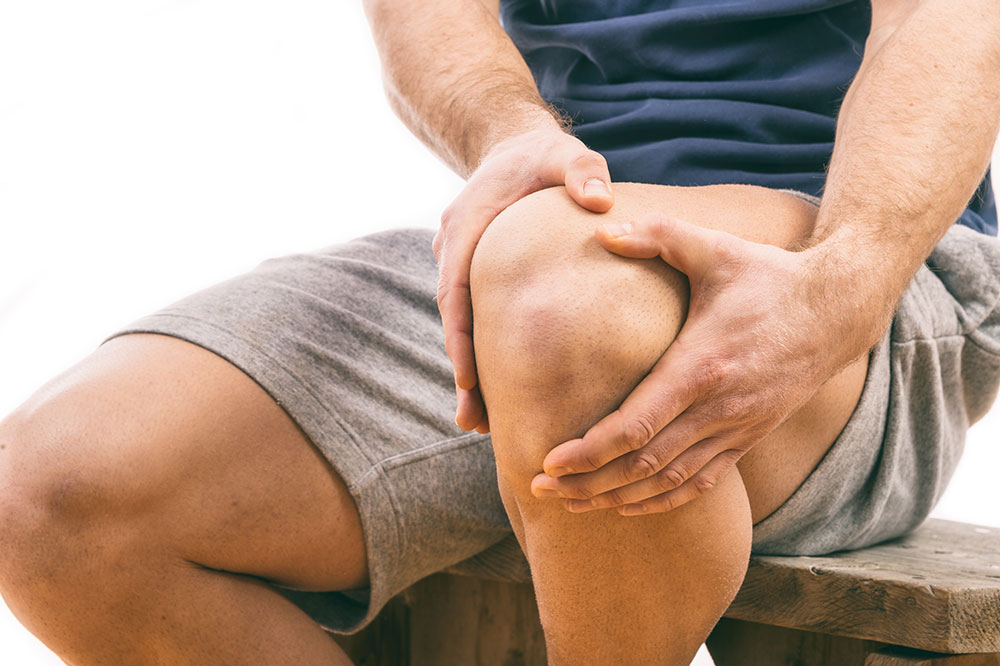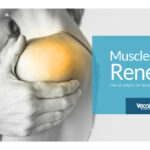Pain and aging are integrally connected, as indicated by a 2017 review published in Geropsychiatry & Cognitive Disorders of Late Life. In the study, an overview of recent research on the topic, the authors noted that chronic pain is amplified by elements that coincide with aging, such as metabolic dysregulation, musculoskeletal deterioration, changes in circadian rhythms, chronic inflammation and neurodegeneration. Together, these processes help explain why knee pain, and chronic pain generally, tends to increase with age.
Metabolic Dysregulation
Metabolic dysregulation refers to impairment of your body’s metabolism – the total of all the chemical reactions that your body performs in order to maintain health. The two basic forms of metabolism are catabolism, the release of energy through the breakdown of molecules, and anabolism, the generation of compounds to send out to the body’s cells. Nutrition and nutrient availability are closely aligned with a healthy metabolism. Without a strong metabolism, your knees are not delivered the nutrients they need; they become less resilient and results in knee pain.
Muscular Deterioration
Bone density starts to lower for both women and men at approximately age 30. Following menopause in women, the drop in density quickens. The bones become increasingly fragile as we age, and we become more vulnerable to fractures. Joints stiffen, limiting range of motion. The cartilage within the joints also becomes thinner. Protective components within the cartilage, called proteoglycans, change; and the joints are thus at greater risk of injury. Many individuals will eventually suffer from osteoarthritis caused by the surfaces of your knees and other joints not running smoothly over one another.
Changes in Circadian Rhythms
The circadian rhythms are typically altered by the aging process, and sleep quality tends to diminish with age as well. It is unclear why circadian rhythms adjust as we get older. This change may be connected to a drop in physical activity and light exposure. With lower sleep quality, your body cannot function at as high a level, and you may develop a lower pain threshold, which can result in knee pain.
Chronic Inflammation
Of all the age-related factors that may contribute to chronic pain, this one is primary, according to the Geropsychiatry review. The term Inflammaging refers to a low-grade, chronic inflammation that accompanies the aging process. Both mortality and morbidity in older individuals are heavily influenced by chronic inflammation, as indicated by Claudio Franceschi and Judith Campisi in a 2014 study for The Journals of Gerontology.
Neurodegeneration
One final reason people are likelier to seek non-surgical knee pain treatment in Orlando as they get older is due to neurodegeneration, the gradual decline in neurons within the brain as time passes. The connection between the development of neurodegenerative diseases (e.g., amyotrophic lateral sclerosis, dementia, and Parkinson’s disease) and the aging process was the focus of a study published in Cell in August. The study found a molecular connection between aging and neurodegenerative disorders.
Non-Surgical Knee Pain Treatment in Orlando
For all the above reasons, aging may lead to an increased need for knee pain relief. At ViscoGen, KneeVisc 5® takes the latest FDA-approved, injection-based knee pain treatment and incorporates it into a fully comprehensive treatment plan to maximize results.




